Agreement announced to bring higher education into Maryland’s prison system
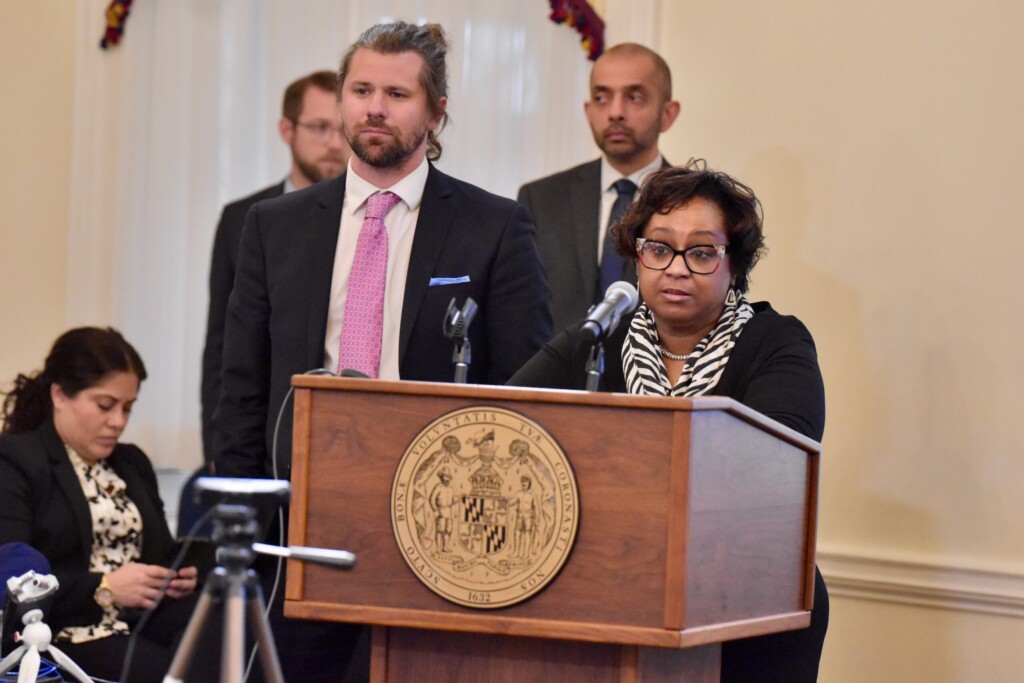
People incarcerated in Maryland could soon begin to receive higher education instruction from the state’s university system.
The state Department of Public Safety and Correctional Services (DPSCS) announced a memorandum of understanding last week with the University System of Maryland (USM) to offer courses and classes for incarcerated individuals to receive a bachelor’s degree and credit-based certificates.
The university system includes 12 institutions and three regional higher learning centers.
“This historic step puts us closer to ensuring our incarcerated population can improve their lives with education,” DPSCS Secretary Carolyn J. Scruggs said in a statement. “The department is hyper-focused on ensuring access to education at any educational level in every prison in the state, but also to impart on them the skills necessary so they can gain an income and support their families as they reenter society.”
A summary of the memorandum of understanding between the department and university system doesn’t mention when those who are incarcerated can register for programs, but part of the framework includes:
- Structuring a curriculum “tailored to the needs and circumstances of incarcerated individuals and the establishment of pathways to continue their education or enter the workforce upon release.”
- Each university signing an agreement with the department as an addendum to the memorandum that would outline specific programs to be offered at any of the state prisons and facilities.
In addition, the university system can utilize federal Pell grants, which are provided for future students with an “exceptional financial need,” that were reestablished last year to allow those incarcerated to take higher education classes.
A prison program in California served as the first in the nation to offer Pell grants for incarcerated individuals to receive a higher education.
Incarcerated Marylanders can take college courses while they are serving time, but this would be the first program where the coursework could be fully integrated with the institutions in the state that offer college degrees.
Del. Marlon Amprey (D-Baltimore City) said one of his bills that passed during this year’s legislative session, the Resources and Education for All Prisons (REAP) Act, will help the state educate incarcerated individuals.
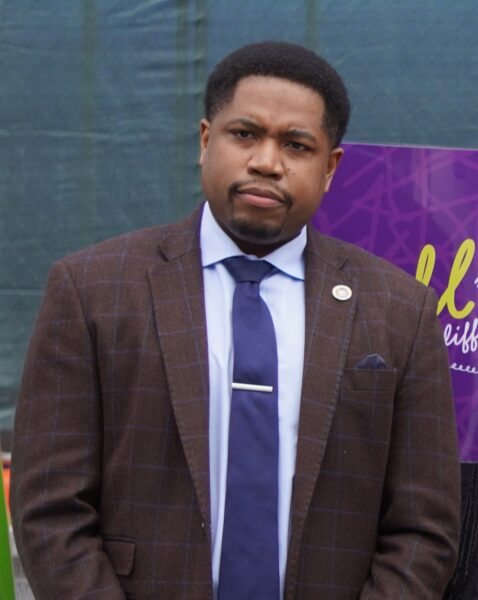
Del. Marlon Amprey at a press conference March 7, 2024. Photo by William J. Ford.
The legislation requires DPSCS to assist those incarcerated with access to Pell grants and obtain a bachelor’s degree for not only the dozen institutions in the university system, but also make postsecondary education at five other schools not in the system available to those who are incarcerated: Morgan State University, Goucher College and Anne Arundel, Hagerstown and Wor-Wic community colleges.
It would also require the department, with assistance from the Maryland Higher Education Commission, to “establish a tracking system for the number of incarcerated individuals in postsecondary education program.” The bill, if signed by Gov. Wes Moore (D), would go into effect July 1.
Amprey, whose father and brother were incarcerated, also sponsored House Bill 209, which requires the state to establish a prison education reform commission. Some of the responsibilities of this group include using a data-driven approach to invest in strategies to increase public safety and reduce recidivism, identifying an education-focused approach to mitigate risk factors for adults connected with the criminal justice system, and evaluating current workforce programs for those incarcerated.
The legislation would go into effect June 1 and remain on the books until June 30, 2026.
“Both of those bills are directly correlated to [DPSCS announcement]. I’m really excited about it,” Amprey said in an interview.
The philosophy of locking up repeat violent offenders, he said, which expanded under the administration of former Gov. Larry Hogan (R), doesn’t work.
“That philosophy was always bad because the repeat violent offenders mean while they were incarcerated, we didn’t do a good job of reforming and giving them skills to be successful,” Amprey said. “The way you help repeat violent offenders is to make sure they don’t repeat in the first place. Give them the resources while they’re incarcerated to come out and be successful.”
As for the higher education initiative between the department and the university system, officials said it would serve as a model for other states to follow.
“We believe that the foundational aim of higher education is to improve the human condition and serve the public good,” USM Chancellor Jay A. Perman said in a statement. “By allowing more incarcerated people to access college and to put their education to work after release, we’re not only expanding opportunities for these students, we’re strengthening the communities they return to.”

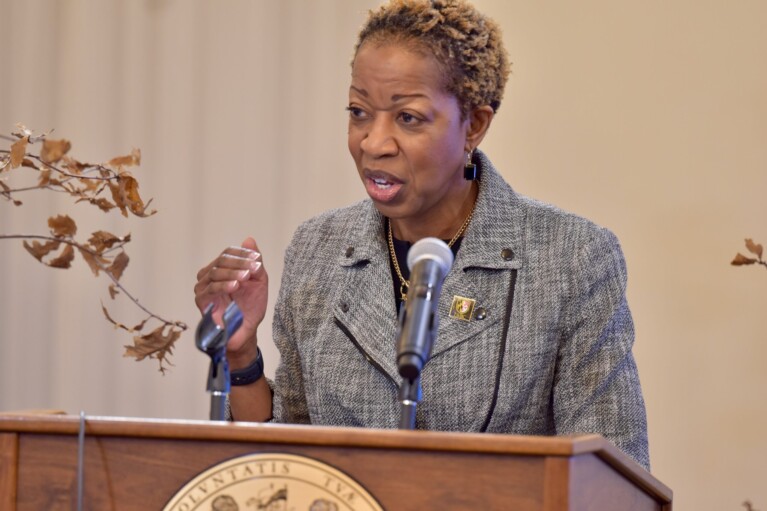
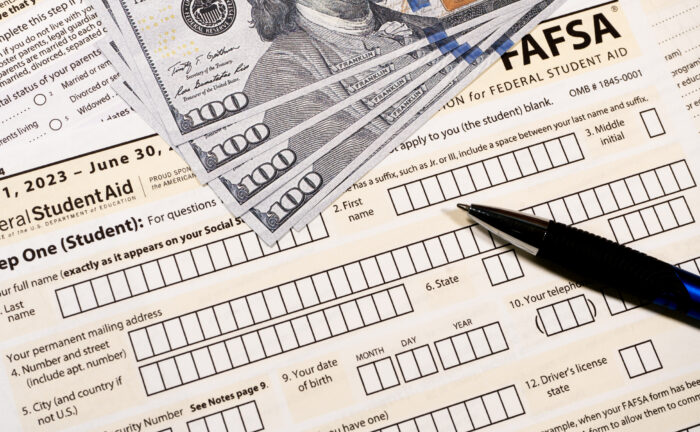
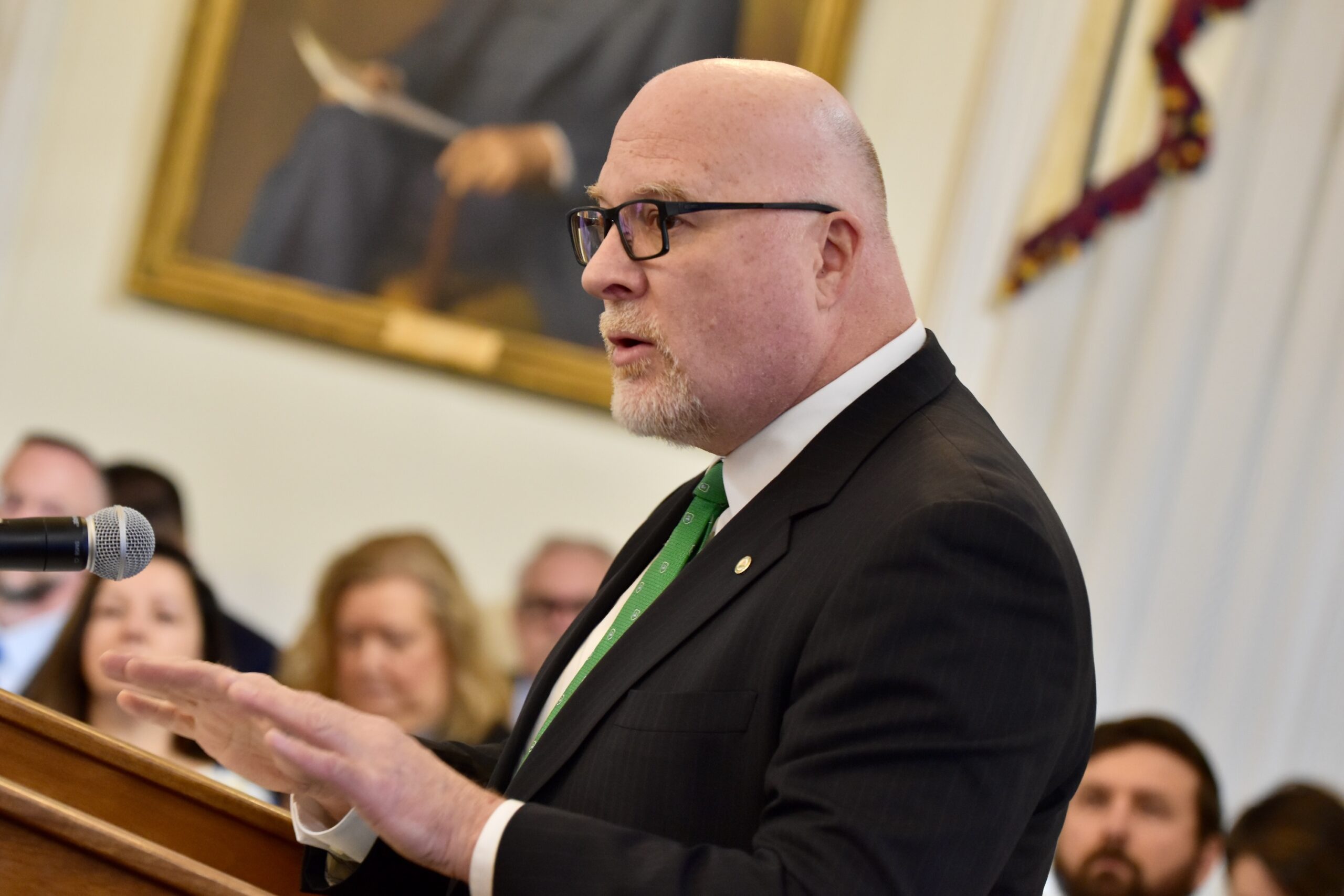
 Creative Commons Attribution
Creative Commons Attribution